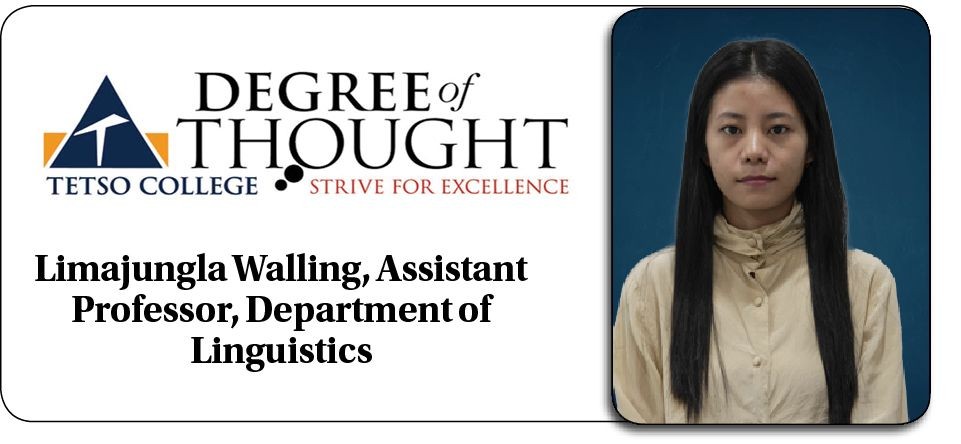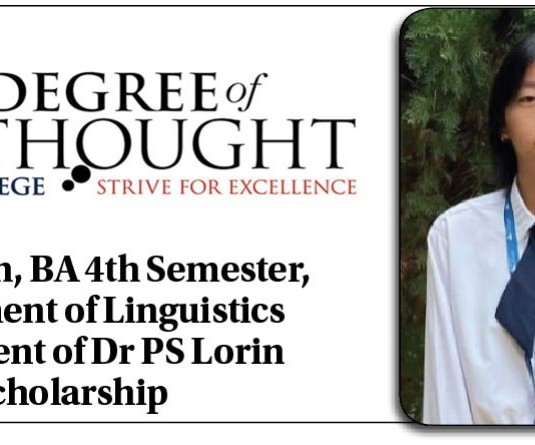
Language does more than let us speak; it teaches us how to feel, remember, and belong. In multilingual communities, language is not just a tool for communication; it is a living, shifting expression of memory, identity, and emotion that adapts to context and audience. Multilingual people don’t just have two ways of speaking; they have many different languages to choose from, each with distinct emotional and cognitive resonances that are layered into their daily life.
Research shows that for multilingual individuals, different languages activate different emotional memories and ways of being. When you express love, anger, or longing in one of your home languages, it often conjures deeper emotional responses linked to early experiences and close relationships; this is because childhood emotions and formative memories are encoded in the languages spoken at home. As Catherine L. Caldwell-Harris notes, the context in which a language is learned and used- family, friends, community - gives it emotional force and intimacy. In contrast, languages acquired later may feel more neutral or “distant,” suitable for formal or professional exchanges. Later-learned languages often feel more neutral because they are acquired in analytical or institutional settings, disconnected from the primal warmth of early emotional life. This explains why phrases like "I miss you" in English can feel sincere but restrained, while the same sentiment in a mother tongue may strike deeper, summoning childhood longings, family bonds, or even ancestral echoes. Psychologist Aneta Pavlenko describes this as “emotional encoding”: the idea that language and memory weave together in the brain’s emotional circuits, so that changing languages can subtly change how emotions are felt and processed. Speaking the language of one’s upbringing, then, is not just about comfort; when you use your mother tongue, you unlock a web of childhood associations, sensory impressions, and relationships.
Scientific studies consistently emphasise the unique advantages of multilingualism, showing that those who regularly use three or more languages tend to score higher in empathy, emotional intelligence, and cognitive flexibility than monolingual or bilingual peers. This means that navigating between multiple linguistic worlds does not confuse; instead, it fosters an ability to read others’ emotions, adapt to changing situations, and manage complex tasks with creative solutions. In these ways, multilingualism is not just a skill but a lived cognitive enhancement. Code-switching, the fluent shifting between languages (often within the same conversation), is a signature feature of multilingual life. Far from indicating indecision, code-switching reflects deep social intelligence and cultural adaptability. Multilinguals code-switch to match the emotional tone, topic, or intimacy level of a conversation-using one language for comfort, another for sarcasm, a third for professional clarity. This seamless switching lets speakers precisely tune their message for each relationship and context, making communication more meaningful and dynamic.
Social identity theories and recent linguistic research show that multilinguals actively construct and negotiate their identities as they move across linguistic and cultural worlds. Each language is a resource for representing different facets of self: heritage, education, friendship, and aspiration. The ability to choose which language to use-and when-enables multilinguals to express solidarity with one group, authority in another, or vulnerability with loved ones, drawing from a rich inventory of linguistic capital. Linguists have found that certain emotional concepts-those tied closely to custom, local history, or daily rituals-cannot always be neatly translated. A mother’s gentle admonition or the playful ribbing among cousins in a shared language is more than vocabulary; these words and phrases are homes in which particular feelings live, a shared intimacy for those with access to that language.
In today’s globalised society, English often serves as the language of education, commerce, and ambition. It is the idiom of progress - efficient, polished, and aspirational. Yet, home languages remain the idioms of tenderness, humour, and grief. In English, we write CVs and deliver presentations; in our first languages, we dream, quarrel, and pray. This coexistence illustrates that multilinguals carry not one identity but a layered consciousness. Their minds are archives of sound and sentiment, repositories where reason and memory intersect. Psycholinguistic research suggests multilinguals experience identity not in one channel, but as multiple “emotional operating systems” layered in the mind.
Each language carries identity. Multilinguals construct and inhabit different versions of themselves through language choice - professional in one, playful in another, vulnerable in a third. This is not fragmentation but enrichment: every language opens a door to a different social and emotional reality. In this way, multilingualism is both an act of communication and a continuous negotiation of self. Multilingualism reveals that thinking is never purely rational; it is deeply emotional, contextual, and embodied. To speak multiple languages is to have multiple emotional operating systems, each storing memories, values, and selves that emerge when called. In global languages, we build careers. In mother tongues, we build character. Together, they teach us that emotion is not lost in translation; it is multiplied.
Degree of Thought is a weekly community column initiated by Tetso College in partnership with The Morung Express. Degree of Thought will delve into the social, cultural, political and educational issues around us. The views expressed here do not reflect the opinion of the institution. Tetso College is a NAAC Accredited UGC recognised Commerce and Arts College. The editorial team includes Chubamenla, Asst. Professor Dept. of English and Rinsit Sareo, Asst. Manager, IT, Media & Communications. For feedback or comments please email: dot@tetsocollege.org






